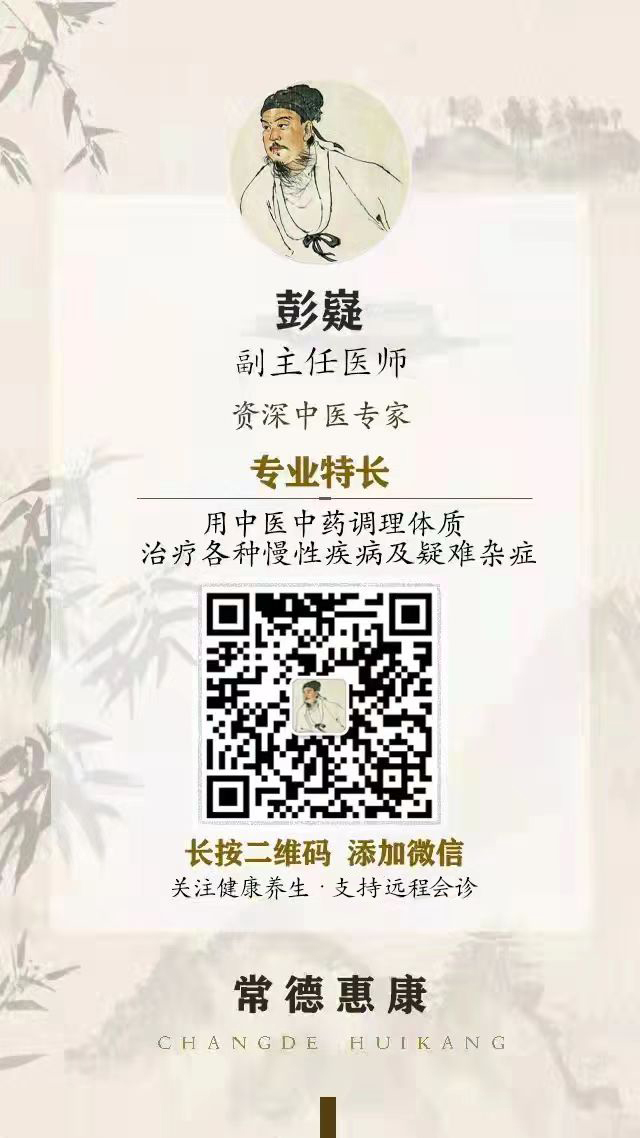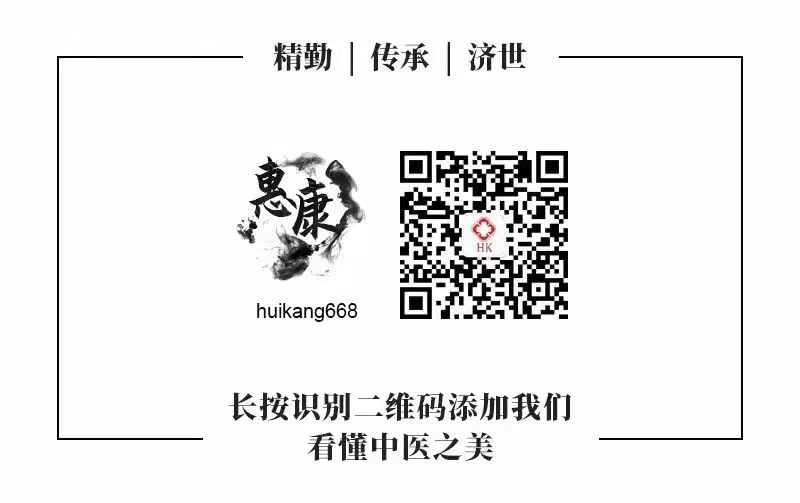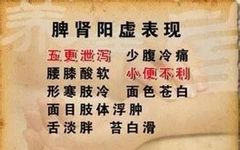
Spleen and Kidney Yang deficiency is a commonly seen TCM syndrome. How should we regulate and treat this condition?
To answer this question, we first need to clarify what Spleen and Kidney Yang deficiency is.
In simple terms, Spleen and Kidney Yang deficiency refers to the deficiency of Yang energy in both the spleen and kidneys. A significant characteristic of individuals with this condition is that their bodies resemble a funnel; after eating, they are prone to diarrhea and intestinal sounds.
Especially after a night of rest, upon waking in the morning, the abdomen tends to make gurgling sounds, followed by a strong urge to defecate, which cannot be delayed, necessitating a quick trip to the bathroom.
Furthermore, these individuals may experience a lack of appetite, fatigue in the limbs, or persistent coldness in the lower extremities, along with a tendency for lower back soreness. Additionally, at dawn, they often experience diarrhea, intestinal sounds, and abdominal pain, which significantly improves after using the restroom.
During the day, they may have loose stools, needing to visit the bathroom multiple times, with a pulse that is deep and thin, and a tongue that is pale with a white coating.
How should we understand this phenomenon? From a series of symptoms such as a deep and thin pulse, pale tongue with white coating, fatigue in the limbs, frequent coldness in the lower extremities, lower back soreness, and lack of appetite, it is evident that this indicates Spleen and Kidney Yang deficiency.
The Yang energy of the spleen and kidneys can be said to be interdependent, with the Yang of the kidneys playing a particularly prominent role in warming the Yang of the spleen.
Insufficient Kidney Yang is akin to an electric kettle that cannot boil water due to lack of power; thus, the spleen and stomach cannot feel warmth and cannot function properly.
The symptoms manifested by weak Spleen and Stomach Yang primarily include two major issues.
The first is a lack of appetite and disinterest in food. The second is that after the stomach receives food and water, it fails to transform and transport it properly, resulting in the formation of damp and turbid Qi instead of nourishing Qi and blood.
This often directly manifests as diarrhea, loose stools, and intestinal sounds.
It is important to note that this is a very unfavorable state. If such phenomena occur, the spleen and stomach cannot transform enough nourishing essence, leading to insufficient Qi and blood production. Once our spleen and stomach fail to digest, absorb, and distribute the nourishing essence, it will be expelled in the form of phlegm-damp and turbid evil.
Of course, this loss is most evident in the early morning, as at this time, Yang energy rises from the kidneys, but the middle burner is obstructed by cold Yin, making it difficult for the Qi mechanism to disperse, which leads to downward movement and results in intestinal sounds and diarrhea.
How should we respond to such issues? The main problem is to change the state of Spleen and Kidney Yang deficiency and restore the spleen’s transport function. Treatment should focus on warming and tonifying the spleen and kidneys, using formulas such as Si Shen Wan (Four Spirit Pill), Fu Zi Li Zhong Wan (Aconite-Prepared Middle Pill), and Li Zhong Tang (Regulate the Middle Decoction) for modification and treatment.
If you have any questions, please feel free to consult, learn, and communicate.


Previous Highlights
1. Where is your dampness located?
2. What is the difference between Qi deficiency and Yang deficiency?
3. TCM treatment for gastroesophageal reflux
4. What is the difference between liver Qi stagnation and liver-gallbladder damp-heat?
5. Frequent dry mouth and bitter taste, what is the problem?
6. What to do if you are afraid of both cold and heat, with both Yin and Yang deficiency?

